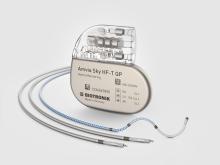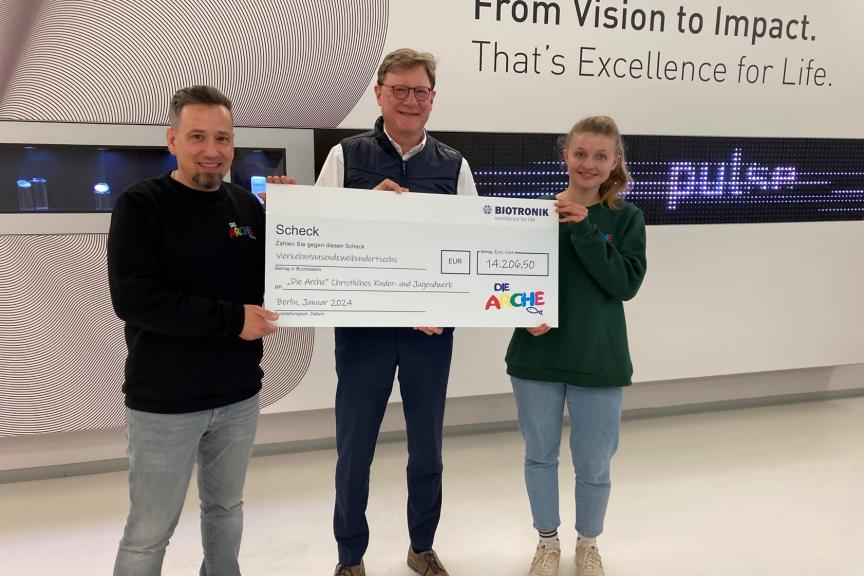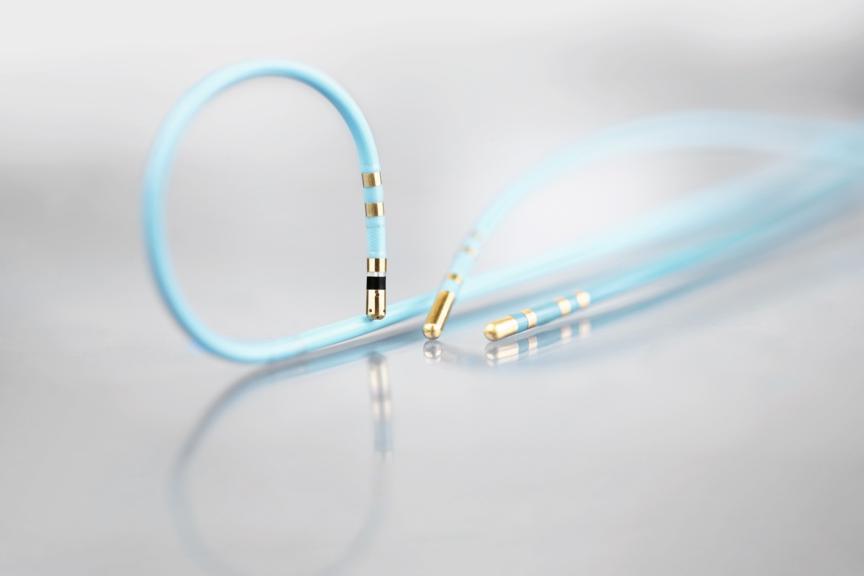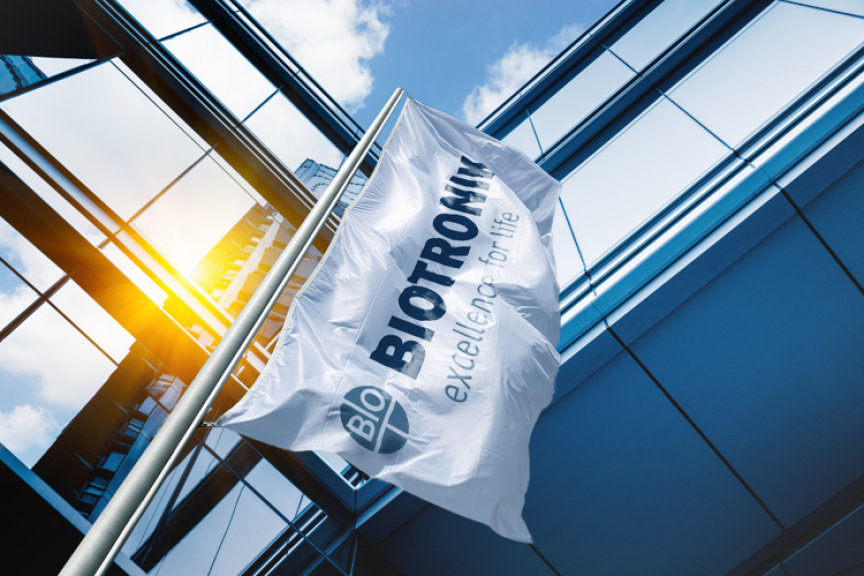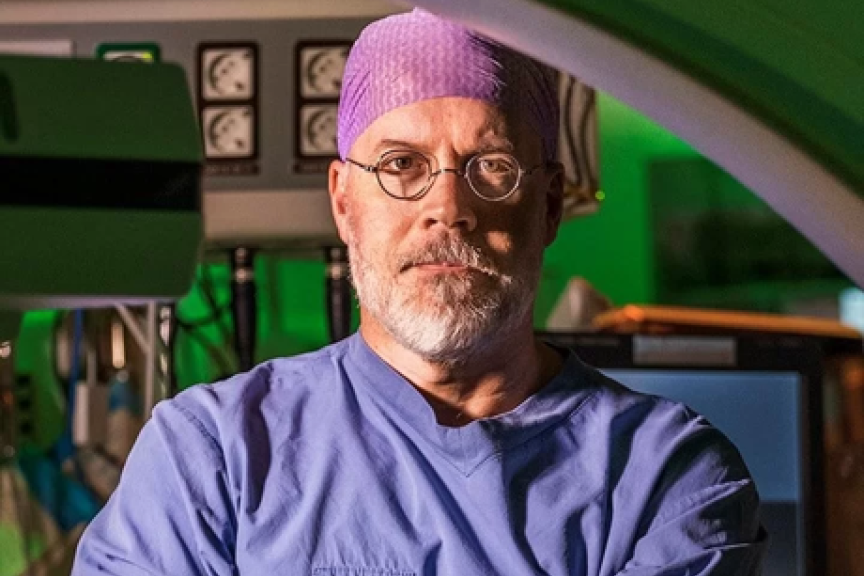Sport For Pacemaker or Defibrillator Patients – How to Get Started Again?
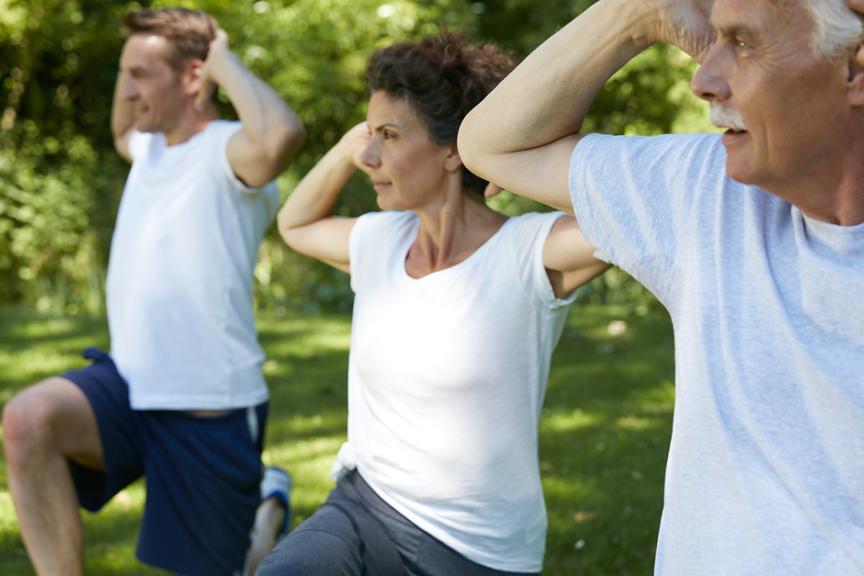
More than 1.7 million cardiac implantable electronic devices are implanted worldwide each year. Young implant wearers in particular have many questions about whether and how their life will change after the procedure. One of the most important ones: whether and to what extent they can practice sports again. Media coverage of the Danish professional soccer player Christian Erikson, who had an ICD implanted after collapsing during an international match, has further increased interest in the interaction between cardiovascular diseases and sport.
Contrary to previous recommendations, the implantation of a pacemaker or ICD (implantable cardioverter-defibrillator) does not necessarily mean that patients must or should forgo sporting activities. In fact, appropriate physical activity is often recommended. In each case, the individual case history and physical condition of a cardiac patient must be taken into account. Consulting the treating physician is imperative. This is also emphasized by the current European guidelines, which underline the importance of the individual situation of implant wearers.
Physical activity promotes health but ‘start low, go slow’
Regular exercise promotes health in general: the body's oxygen supply is optimized, blood pressure is lowered, and blood glucose and lipid levels are regulated. Physical activity is also extremely important for mental health and reduction of stress. But what about implant wearers? “The positive effects of physical activity also apply to patients with an implanted cardiac device. Properly dosed exercise always supports the therapy. There are only very few exceptions to this rule, which is why I always recommend my patients to engage in sports," explains Dr. Klaus Edel, Medical Director of the Cardiovascular Center at the Hersfeld Rotenburg Hospital. He adds: “However, the right time to resume physical activity after implantation depends on various factors: What condition is the patient in? And what kind of physical activity is involved? Participation in a cardiac training group, for example, can be initiated already during cardiological rehabilitation and prescribed upon discharge. Participation in a marathon, however, should initially still be refrained from. In general, I recommend my patients to ‘start low, go slow"’”
Advising people with pacemakers or ICDs not to do sport "just to be on the safe side", however, should be seen as completely outdated. “The benefits of increased physical activity are a longer life with a better quality of life and reduced mortality. This is attributable to the fact that almost all cardiovascular risk factors are reduced through exercise."
Which sports are recommended and which should heart patients avoid?
According to European treatment guidelines (ESC guidelines), sports with a high risk of injury to the chest are problematic for implant wearers, which is why sports with a lot of physical contact – such as judo, karate, but also boxing – are rather unsuitable. "Various risks must be considered. For patients wearing an ICD, the risk of unconsciousness must be also be taken into account. I therefore advise against motor sports, parachuting, paragliding, mountaineering, diving, and similar sports. When diving or mountaineering at altitudes over 5,000 meters, pressure conditions can have an unfavorable effect," says Dr. Edel. "On the other hand, I recommend my patients all kinds of endurance sports such as swimming, running, hiking, Nordic Walking, cycling, dancing, but also yoga, Thai Chi, and Chi Gong."
Cardiac rehabilitation groups offer a good introduction to more exercise. They are medically supervised and enable people with heart disease, including those with a pacemaker or defibrillator, to exercise safely. According to the German Heart Foundation, around 6,000 cardiac rehabilitation groups, counting around 120,000 active participants, currently exist in Germany. "Cardiac rehabilitation groups are characterized by medically supervised training. Thus, they offer beginners and those returning to sports a good opportunity to train in a safe environment. Group dynamics and social interactions also promote adherence towards more exercise. Young patients, who were already physically active, usually remain loyal to their sport (club) or resume their training after the procedure in a similar way to those who had to take a break due to the flu, for example,” says Dr. Edel.
"In addition to the appropriate sports therapy, participants benefit above all from the social contacts and regular mutual exchange of ideas, e.g. on how to deal with their illness in everyday life," adds Matthias Kollmar, himself an ICD wearer and chairman of the German Defibrillator Association. For 25 years now, Dr. Klaus Edel has been assisting and supporting the association, currently as a member of the medical advisory board. The nationwide association offers ICD patients throughout Germany a dense network of committed self-help groups and the opportunity to get informed, exchange ideas and ask questions.
____
If you would like to learn more about life with an implant or about self-help groups, visit the patient area of our website or read more on our company blog.
